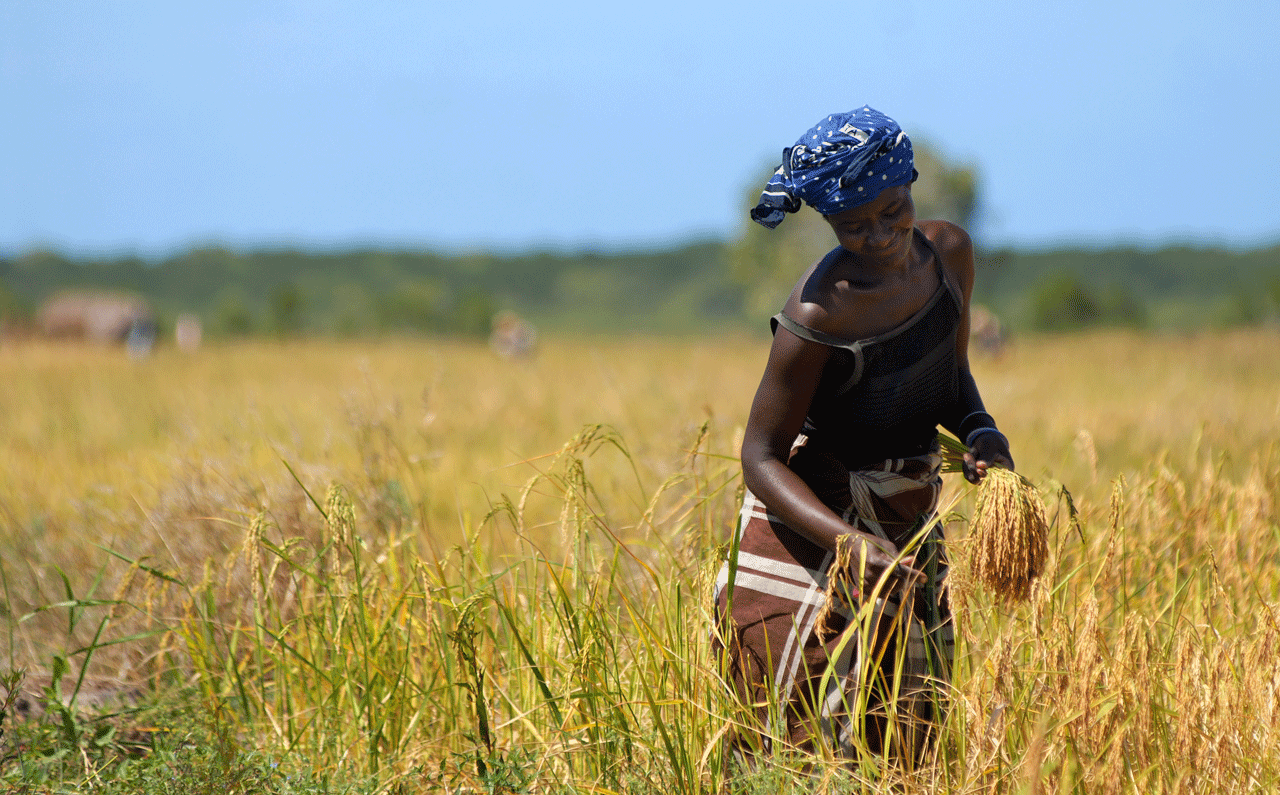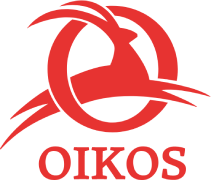Pemba Verde
From seed to plate: community resilience, biodiversity and access to food markets in Pemba

A sustainable agribusiness production chain for food security
The District of Cabo Delgado is the Northernmost province in Mozambique, located between the Tanzanian border and the Indian Ocean. In this area most people rely on subsistence agriculture, but the products are cultivated with techniques that are inadequate for the delicate local context, which is increasingly affected by the negative effects of climate change. Besides, farmers lack awareness of the value of the food produced and consumed in their territory. This is the reason why we are committed to foster food security and healthy and nutritious food production, enhancing local varieties and implementing adequate and sustainable agronomic techniques.
In Metuge and Mieze municipalities live around 60.000 people – 42% of whom younger than 15 years old – mostly devoted to corn, cassava, sorghum, rice, beans and tomatoes production, with no mechanical means and implementing inadequate techniques. Junk food spreading and consumption contributes to the loss of culinary traditions and damages not only people's health, but also local economy and environment. Here is the road we decided to follow to promote food security and improve the living conditions across the whole District of Cabo Delgado.
Thanks to the collaboration with local subjects like ECO-Moçambique and provincial management offices we made the whole agribusiness production chain more efficient and sustainable, with advantages for consumers too, in order to ensure the right to food security to as many people as possible and, at the same time, stimulating local economy. In collaboration with Istituto Industrial e Comercial de Pemba (IICP) we reinforced a local catering business to enhance local culinary traditions.
We also invested in a social enterprise that combines food security, local culinary culture enhancement and agro-biodiversity safeguard: an opportunity for 465 local farmers – half of whom are women - to have an alternative income. This is how Pemba Verde was born, a cooperative that supports 25 local associations of producers and assists them in the marketing of high quality products.
Technical assistance to farmers throughout the whole production process – from the selection of adequate species and varieties to marketing – was fundamental to assure a sustainable and efficient production, respecting natural resources and local biodiversity. Part of the assistance consisted in specific training courses and support to the market positioning of “Pemba Verde” brand products. The aim was double: to give a new impulse to local economy and contrast the spread of unhealthy food habits.
These issues have been addressed also through awareness and education campaigns about food security targeting Pemba population, in particular mothers. Thanks to a twinning between Italy and Mozambique we involved students both in Lombardy and in Cabo Delgado Province in educational paths to improve their skills in the agribusiness field. We also collaborated with two bloggers, one Italian and the other from Mozambique, to tell Italian citizens what Pemba Verde goals are and show Mozambican culture. Following their travels across the two countries people could discover the “stories” about the food of the host Country. Through pictures and stories of this cultural exchange an exhibition was organized within the cultural events of Women for Expo.
Il progetto in numeri
180k
potabile in Tanzania
22k+
raccolti a Ibo, Mozambico
52k+
in Mozambico e Myanmar
11k+
di educazione nel mondo
200
di attività economiche
in Tz e Myanmar
1700
in Italia
1700
in Italia
52k+
in Mozambico e Myanmar
1700
in Italia
